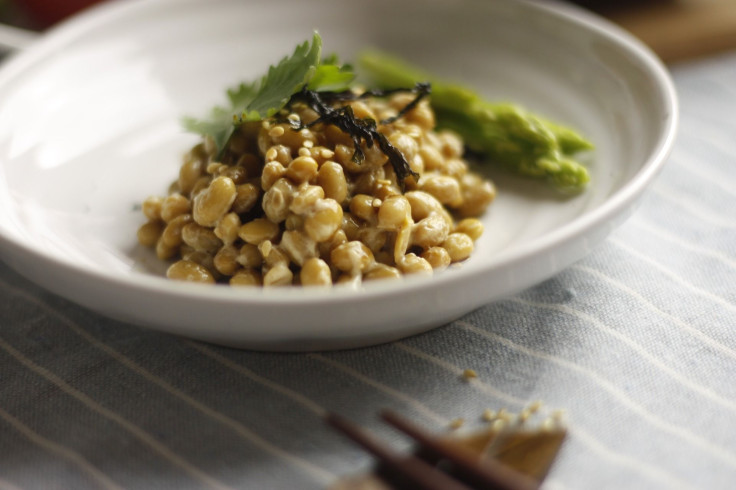Dietary Interventions For COVID-19: Researchers Recommend Vitamin K-Rich Foods Like Cheese And Natto

Several hospitalized COVID-19 patients, particularly those admitted to intensive care units (ICUs) have been diagnosed with vitamin K deficiency, raising hopes that dietary changes might be a significant way to combat the pandemic.
COVID-19 patients admitted to the Canisius Wilhelmina hospital in the Dutch City of Nijmegen praised the benefits of vitamin K after discovering an association between deficiency of the vitamin and worst coronavirus outcomes.
COVID-19 has been reported to cause blood clots and degradation of elastic fibers in the lungs. Vitamin K which plays a major role in blood clotting is required by the body to produce prothrombin- a protein and clotting factor that is vital in the blood clotting mechanism.
And dietary vitamin K which is absorbed in the gastrointestinal tract is important for the production of these proteins that regulate clotting as well as protecting against lung disease.
The researchers urge everyone, other than those who are on blood-thinning medications like warfarin to consume adequate vitamin K-rich foods.
“We are in a terrible, horrible situation in the world. We do have an intervention which does not have any side effects, even less than a placebo. There is one major exception: people on anti-clotting medication. It is completely safe in other people,” Dr. Rob Janssen, one of the researchers, told The Guardian.
He urged people to take vitamin K supplements, whether or not it helps protect against severe COVID-19. He emphasized that the vitamin is not only good for your blood vessels and bones but probably for the lungs as well.
Janssen also pointed out the health benefits of consuming foods enriched with vitamin K. “We have vitamin K1 and K2. K1 is in spinach, broccoli, green vegetables, blueberries, all types of fruit and vegetables. K2 is better absorbed by the body. It is in Dutch cheese, I have to say, and French cheese as well,” he told the Guardian.
Foods rich in Vitamin K
- Green leafy vegetables including kale, spinach, parsley, lettuce, turnip greens, swiss chard, and romaine
- Vegetables: cauliflower, cabbage, broccoli, and brussels sprouts
- Fish, meat, liver, and eggs
- Dutch cheese and French cheese are rich in vitamin K2
- Vitamin K2 is also found enormously in a Japanese delicacy of fermented soya beans named ‘Natto’
The Study:
The researchers who collaborated with the cardiovascular research institute Maastricht studied 134 COVID-19 patients between 12 March and 11 April alongside a control group of 184 participants in the same age group who weren’t diagnosed with the coronavirus infection.
The researchers want to give vitamin K in a significantly high dose and check whether it will activate the protein associated with blood clotting. They want to conduct clinical trials and find out if the protein which is important to protect their lungs is safe.
© Copyright IBTimes 2024. All rights reserved.






















